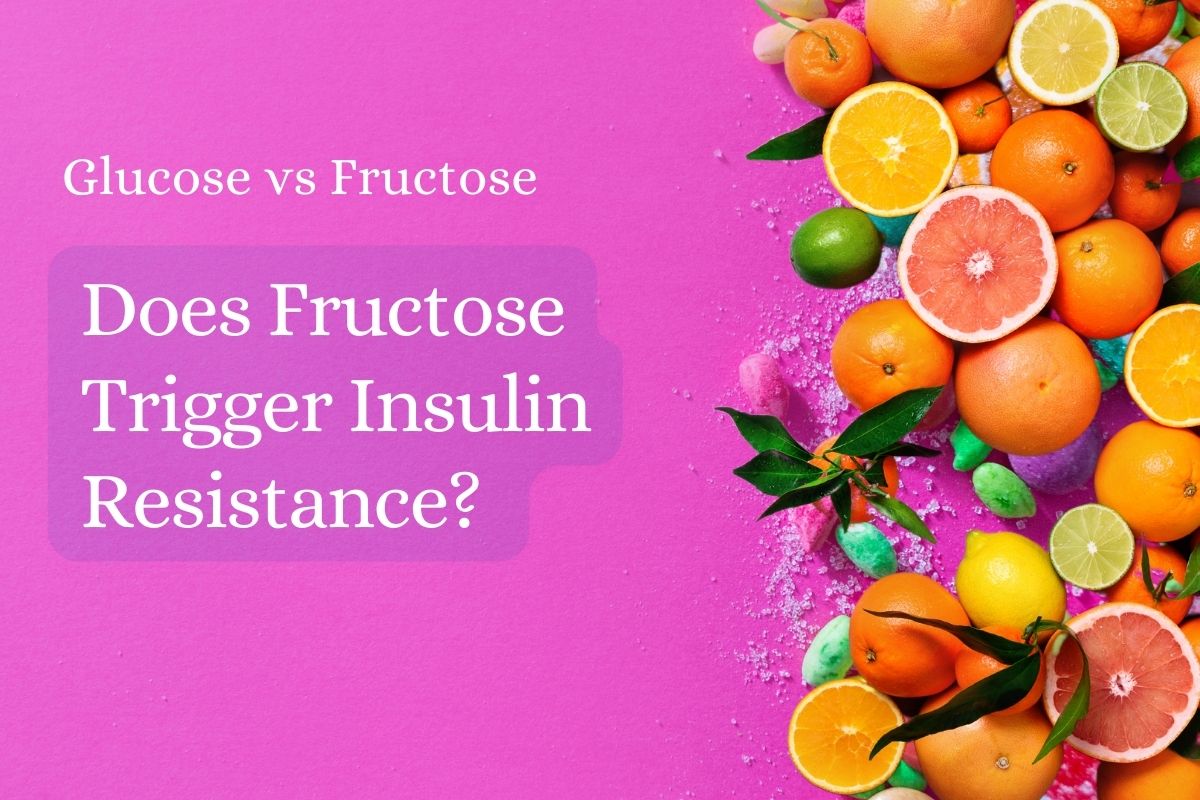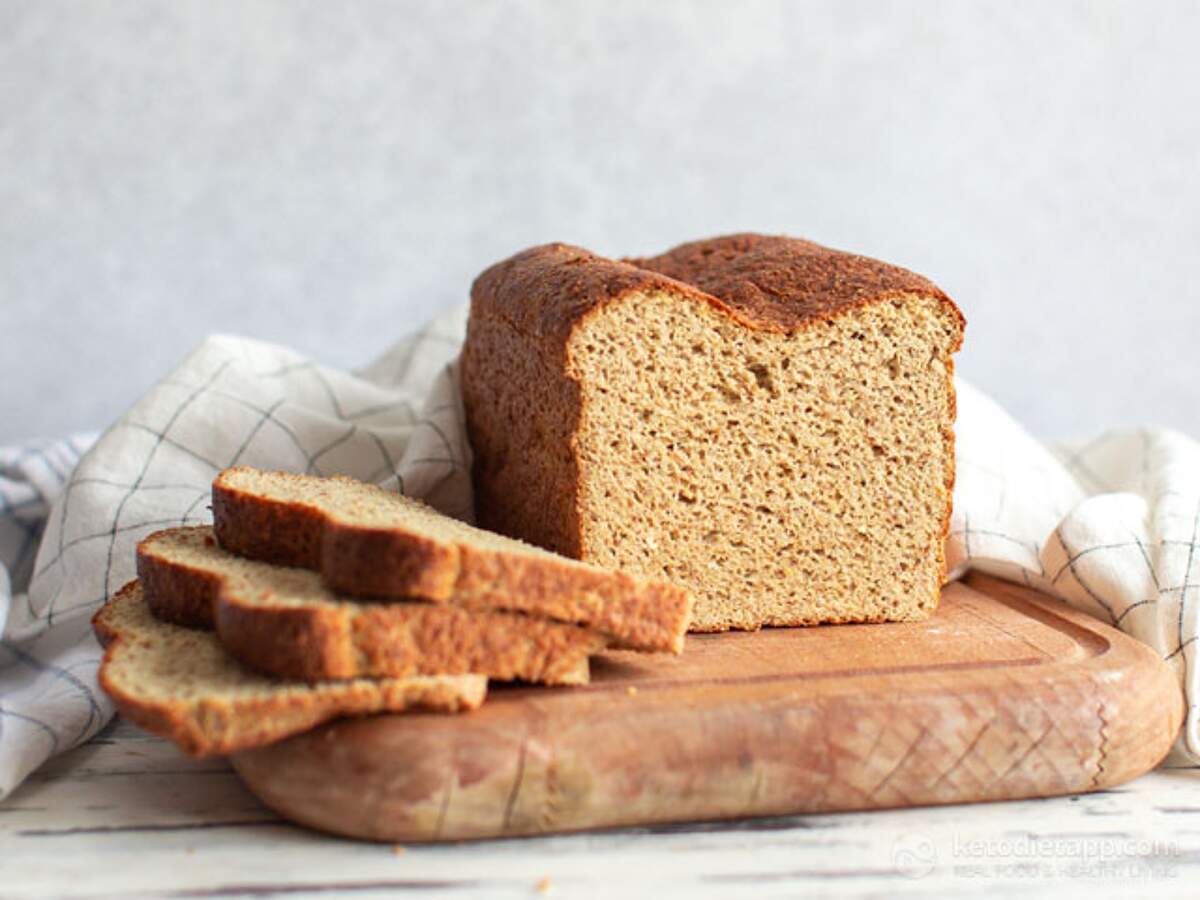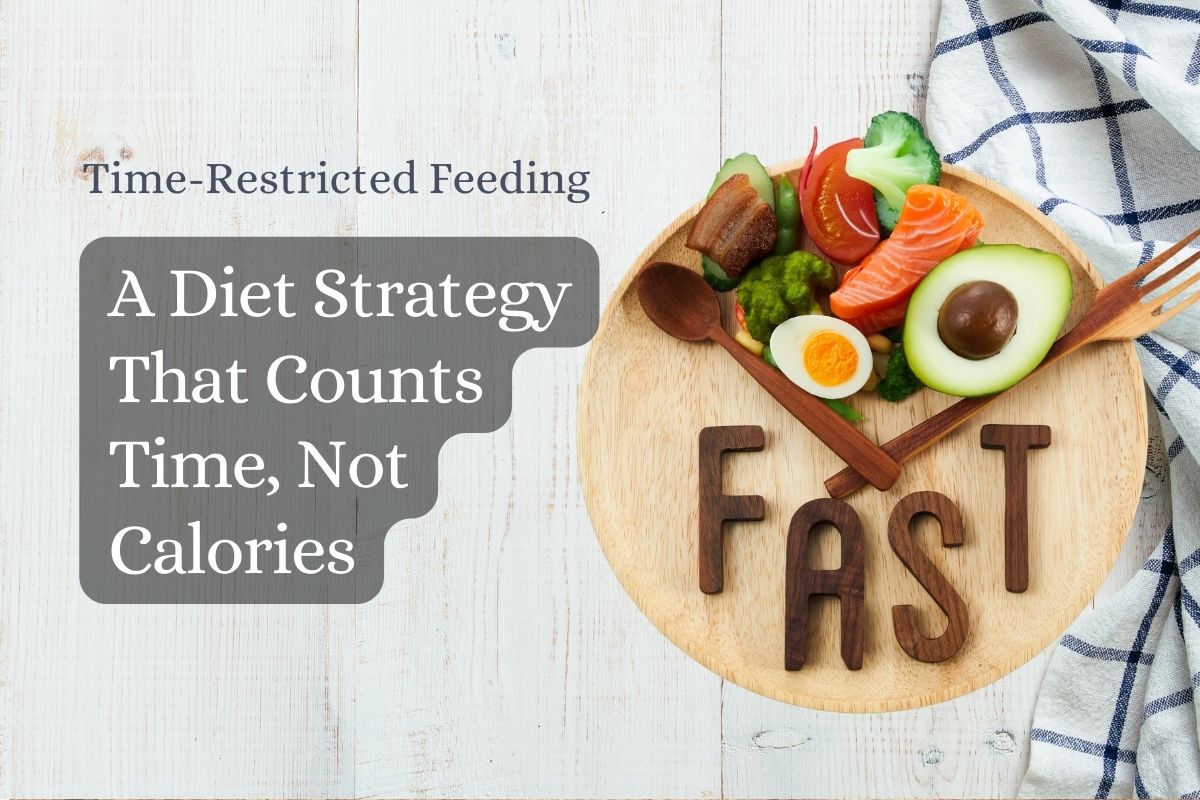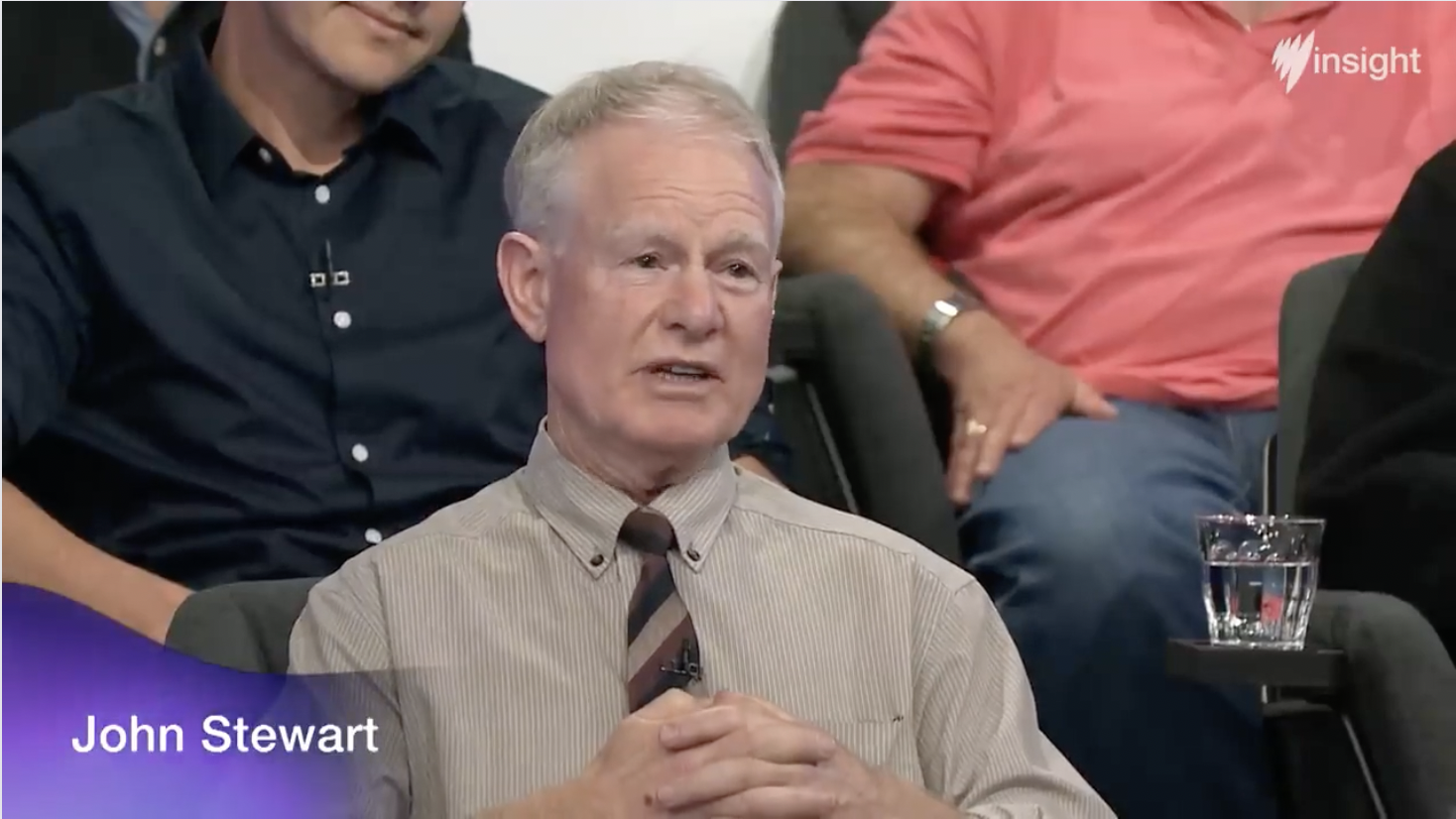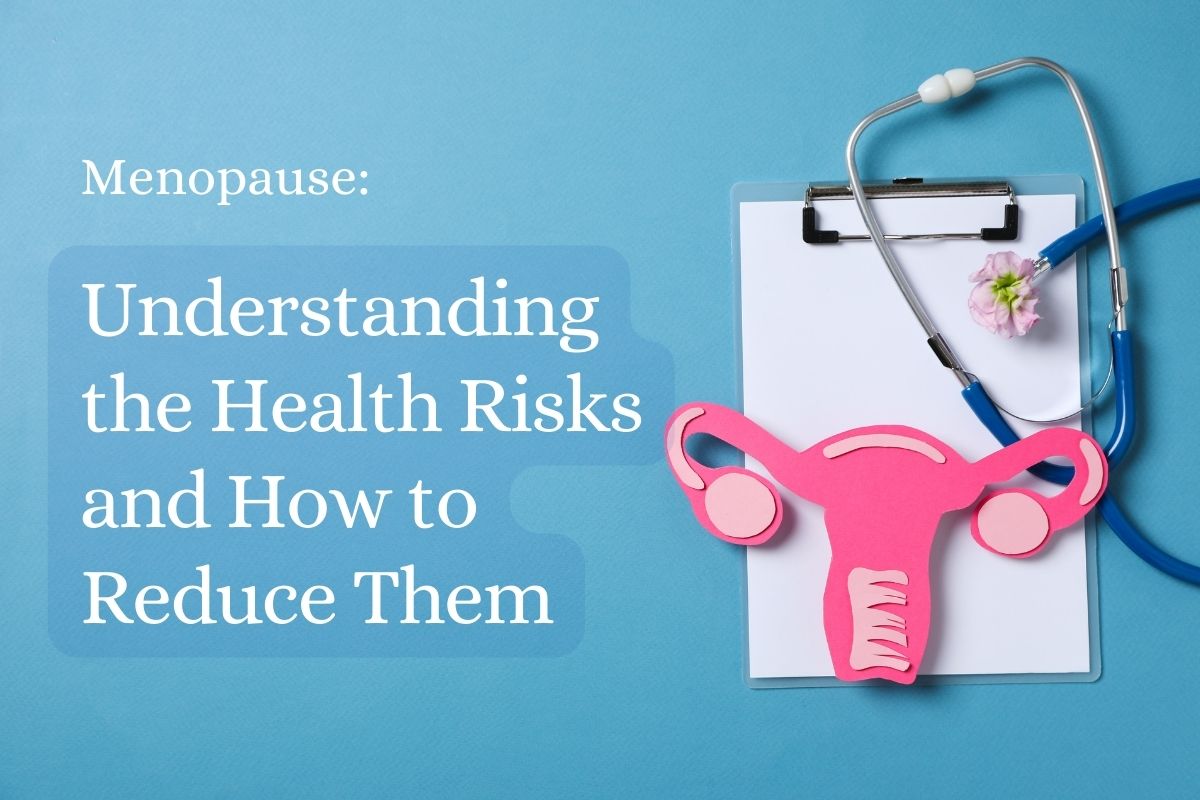
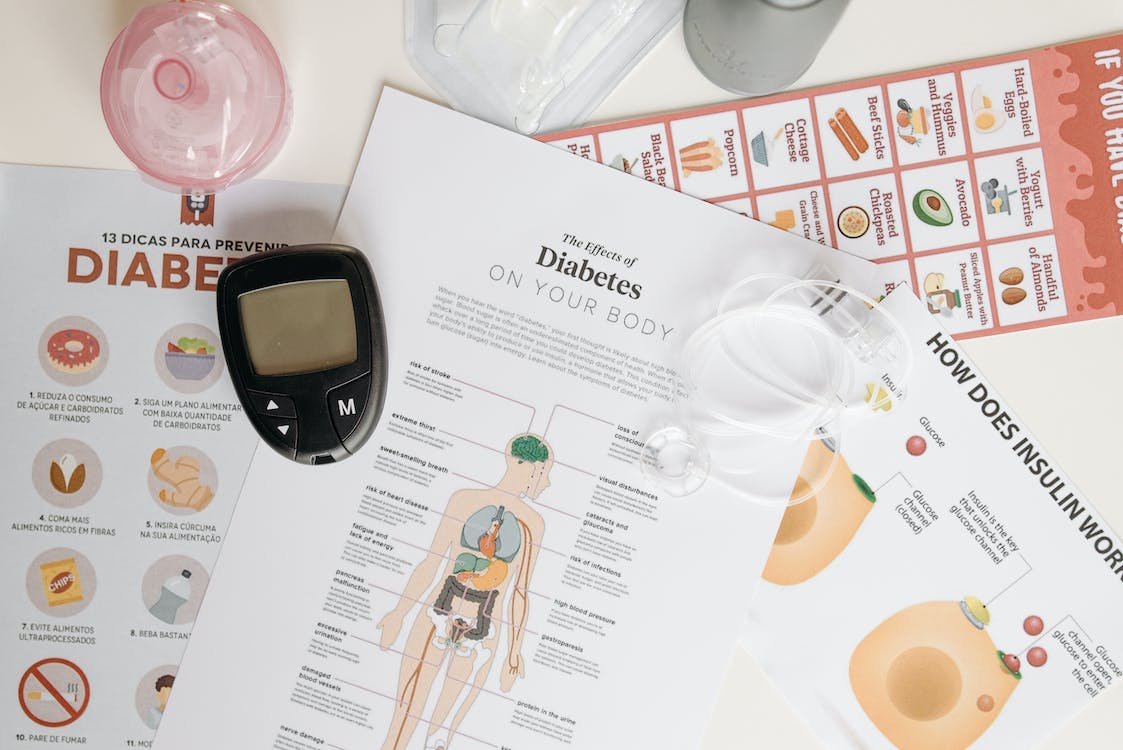
Unfortunately, the American Diabetes Association describes type-2 diabetes as a condition that you have to learn to live with. This is incorrect information. Going to ketosis by severe restriction of carbohydrate to 25 grams/day can reverse type 2 diabetes as has been demonstrated by the first 12 months of results from the Virta Health program. Watch this you tube https://youtu.be/I23sr16DqTw by researcher Dr Sarah Halberg on the Virta program.
Professor Roy Taylor at the University of Newcastle in England has achieved similar results by restricting peoples diet to 800 calories a day and reducing Carbohydrate intake. Visit www.thebloodsugardiet.com.au for more information.
Really disappointing to me that an authority figure like the American diabetes association is not promoting the latest scientific information to the public. Type 2 diabetes can be reversed completely in approximately 50% of patients in a supervised program backed up by coaching and blood tests. Australian and American dietary habits are similar, so what goes for the USA is applicable here in Australia. As of September 2018, a record high number of Americans, at least 40%, are living with diabetes or prediabetes. It is incorrect to say “they are going to have to learn to live with this disease”. Diabetes harms literally every single organ in the body so preventing it is critical.
British politician Tom Watson recently made a buzz by reversing his type-2 diabetes by just completely changing his diet.
There are six myths that will hamper your understanding of type 2 diabetes and your understanding of how to prevent or possibly reverse it completely.
Dr. David Unwin, a British doctor and now a low carb advocate, published data on 66 diabetic patients in his medical practice who did a change of diet to low carb for two years. Of the 66 cases, 33 (50%) achieved remission. So type 2 diabetes can be reversed!!
The American Diabetes Association correctly says being overweight is a risk factor for diabetes. Calories but not sugar is what leads to diabetes they say. Calories in - calories out, is a rule of the physics of thermodynamics, but when it comes to an understanding of weight loss it's not the whole story. Why? Well because while calories are a contributor they tell you pretty much nothing about the effect of diet on hormones, particularly Insulin, a key factor in weight gain. Weight gain, researcher Dr Ben Bickman estimates weight gain, is 50% calorie intake and 50% insulin.
Calories are stored in the Carbohydrate, protein and fat components of our diet.
When you eat carbohydrates, especially sugar or starch , your blood glucose goes up. Your pancreas pumps out insulin. It is insulin’s job to get glucose into the cell so glucose can be used for energy. However, insulin turns down the biochemical pathways that burns fat and turns on the pathways that results in fat deposition. On the other hand, eating protein elicits only a moderate release of insulin. Dietary fats and oils elicit almost no release of insulin. So calorie type does contribute to how fattening a food is because insulin release is influenced markedly by whether the calorie is coming as carb, protein or fat.
Just because you eat fat doesn't mean you'll store it. A more correct version of this statement would be the fat you eat elicits only a small insulin release so there is only a very small signal to store the calories you eat as fat.
It is the carbohydrate you eat and the consequent large insulin release that results in calories being stored as fat. The process of turning carbs into fat is called de novo lipogenesis, and it's well known that refined carbohydrates are the main culprit in increasing fat stores. A high fat super low-carbohydrate ketogenic diet results in the best reduction in fat stores compared to other diets. Carbohydrates should be confined to 20g/day to supercharge fat loss.
Dietary fat doesn't consistently increase fat stores. Many people have decreased insulin resistance and have reversed their diabetes on a low carb, high fat (ketogenic) diet.
What causes insulin resistance? Well, insulin causes insulin resistance. Just like strong smells cause smell resistance or regular consumption of alcohol causes alcohol resistance. When you first meet your girlfriend on a date you might be able to smell her perfume very easily but after a couple minutes, you no longer notice it. If you start to drink regularly you'll find you have to drink more alcohol to get the same effect and similarly if you keep getting a lot of insulin in the bloodstream your cells will get resistant to it.
Dr. Jason Fung explains this in his book ‘The Diabetes Code’. He says, “I can make anybody insulin resistant. All I need to do is give them enough insulin.” In Chapter six, Dr. Fung presents three studies. In one they maintained a 40-hour constant insulin infusion into a group of healthy young people and this increased their insulin resistance by 15%. In another, a 96-hour constant intravenous infusion of insulin into a group of healthy young people increased insulin resistance by twenty to forty percent. And in a third experiment patients initially not taking insulin were titrated up to a very high dose of 100 units of insulin per day.
So in a high carb diet, unless it's offset with a lot of fibre, a vicious cycle is created where excessive carbohydrate consumption raises insulin. Insulin then worsens insulin resistance and fattens you up, because of the high levels of circulating insulin.
This actually isn't true. Our bodies can make all the glucose we require from the protein we consume. This is called gluconeogenesis. We have essential amino acids, essential fatty acids but no essential carbohydrates. Our minimum daily requirement for carbohydrates is zero.
So when you think about all of this, it seems like the simple solution to type-2 diabetes is to restrict these insulin releasing carbs. So you could go on a low carb or ketogenic diet or you could really lower insulin by eating no carb between your last meal of the evening at say 7 pm and 11 am the next day ( intermittent fasting). Virta health in the USA are achieving excellent results guiding people through the process of type 2 diabetes reversal, by reducing their carbohydrate intake.
Googling this topic, there are all kinds of articles and guidelines against going low carb and there are so called experts saying you should definitely not do a keto or a low carb diet and that it's very dangerous in the long term. They are incorrect . It's pretty confusing for the person in the street who does not have the scientific training to argue why we should be eating low carb to lose weight and reduce insulin resistance.
References
The inspiration for this blog came from from the Youtube video below.
We suggest reading our post before watching the more detailed youtube video.
Source: https://www.youtube.com/watch?v=hpOP_HKeazU

